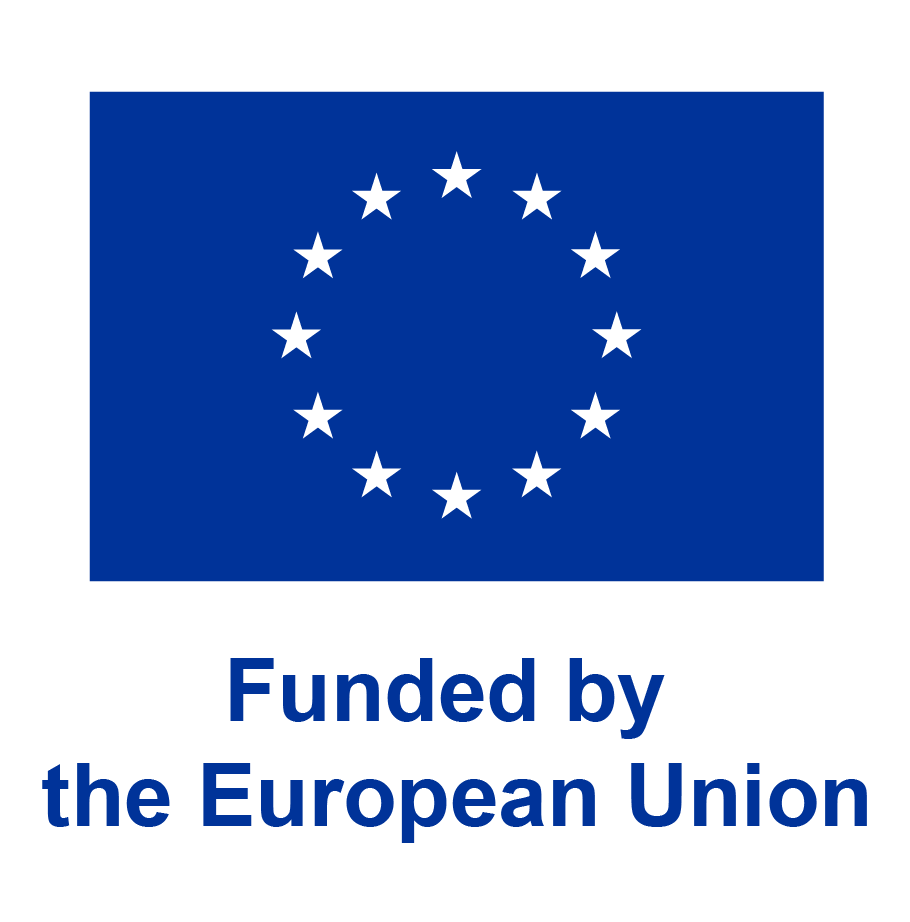Team
University of Helsinki (HY) Finland
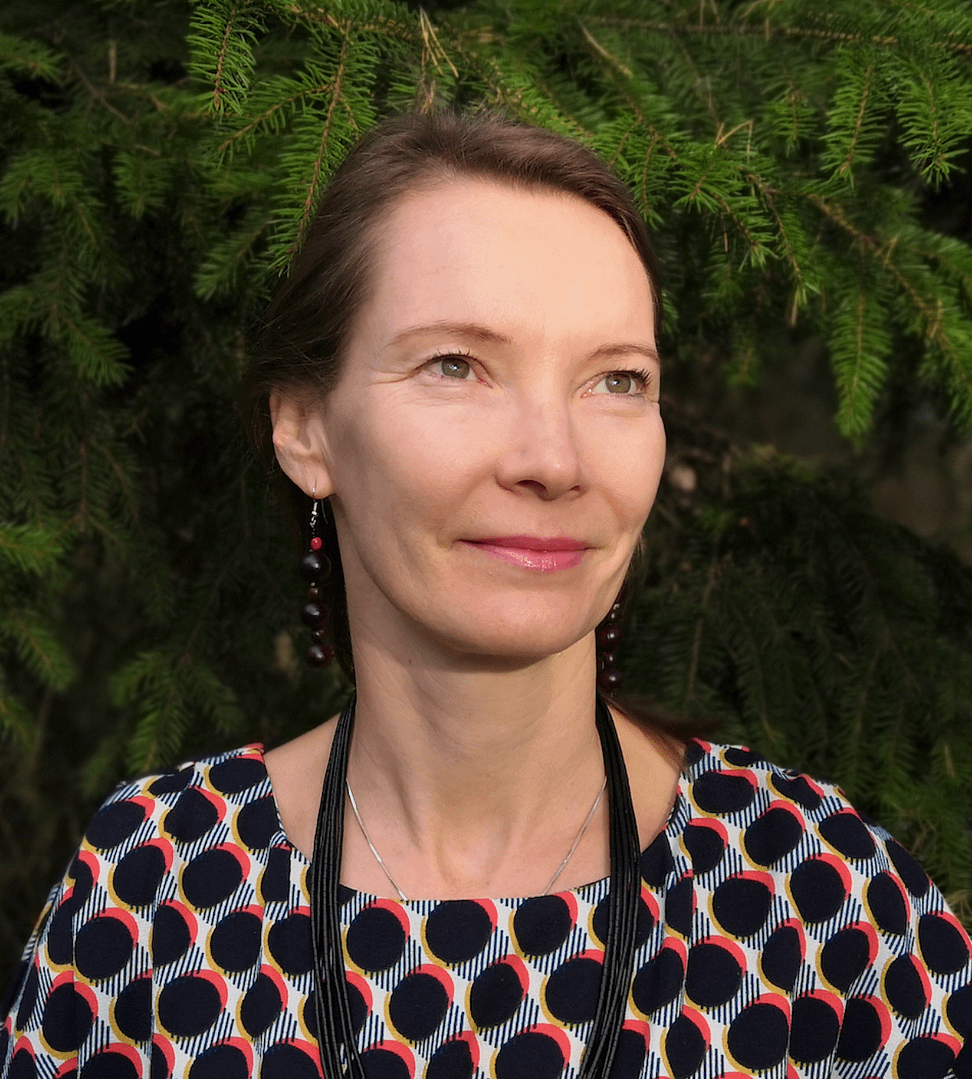
Pirjo Kristiina Virtanen
TEAM LEADER
Read more
Professor of Indigenous studies at the University of Helsinki. Her research focuses on biocultural heritage, temporalities, and human–environment relationality. She has extensively researched Indigenous sustainabilities, Indigenous politics, Indigenous youthhood, and Indigenous research methodologies in the Brazilian Amazon. She is (co)author and (co)editor of numerous publications. Among her many responsibility roles, she is a working group member of the Sámi Research Ethical Principles, a board member of SALSA-Society for the Anthropology of South America and Finnish Ibero-American Foundation, as well as the vice-member of the Finnish IPBES-working group. She has also produced school materials for Apurinã and Manchineri Indigenou
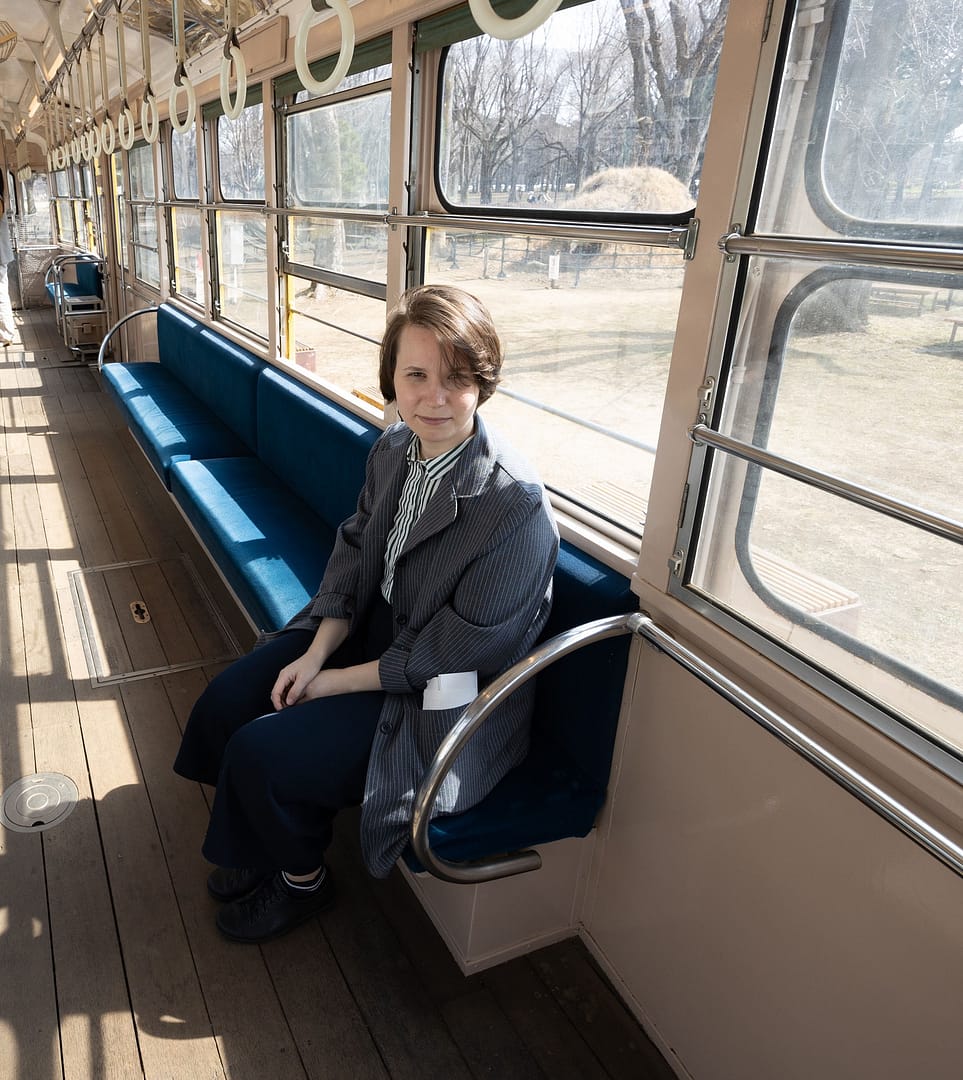
Maria Fedina
INVESTIGATOR
Read more
Doctoral researcher at the University of Helsinki affiliated with Indigenous Studies. She is doing her doctoral dissertation research with urban-dwelling Komi from Syktyvkar, Komi Republic, Russia. Fedina’s research interests include place-making, belonging, rural-urban mobilities and dichotomies, and language ecologies. Apart from her academic research, Fedina publishes popular Komi history and modernity articles. Fedina is a member of a Kone Foundation-funded project that investigates Indigenous notions of biocultural heritage and non-linear concepts of time.
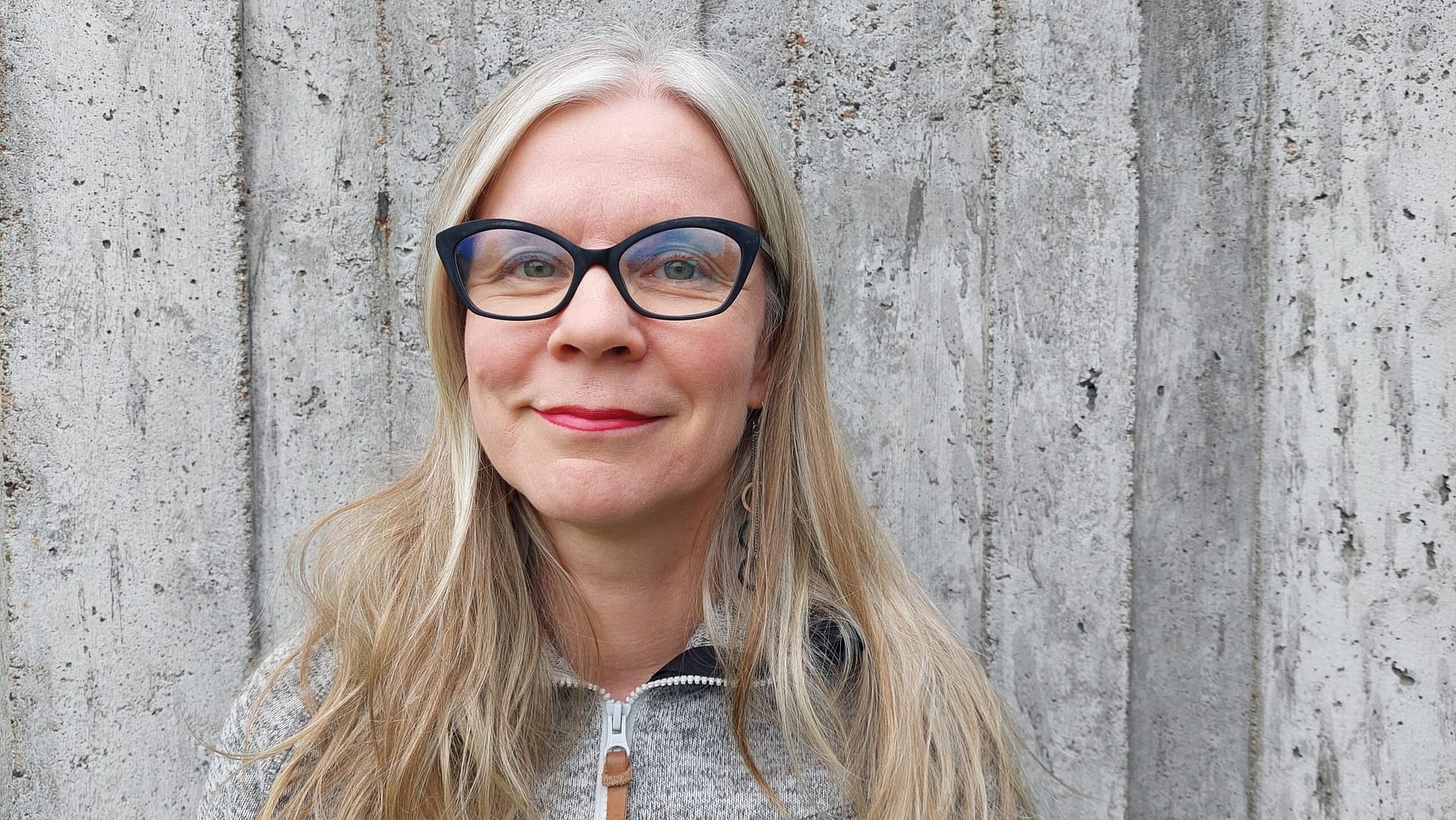
Hanna Ellen Guttorm
INVESTIGATOR
Read more
Senior researcher in Indigenous studies and sustainability sciences with a PhD in education at the University of Helsinki. She specialises in Indigenous ontologies and epistemologies, with the theoretical support of post theories, poststructuralism, posthumanism, and post-colonialism. She has published on Indigenous and collaborative methods, as well as experimental research writing. Guttorm has developed collaborative teaching methods and promotes ecological, social, cultural, and spiritual sustainabilities in all her work.

Victoria Soyan Peemot
INVESTIGATOR
Read more
Postdoctoral researcher in Indigenous Studies at the University of Helsinki, a member of the Helsinki Institute for Sustainability Science (HELSUS), and a visiting researcher at the Center for Northeast Asian Studies at Tohoku University. Her research interests include more-than-human sociality, Indigenous research methodologies, museum anthropology, and sustainability studies. Having grown up in a community with close human-horse relationships, she draws on her knowledge of the local language and horsemanship practices. Building on Indigenous research epistemologies, she explores how human-horse relationships interact, experience injustices, and develop resilience as multispecies unions.
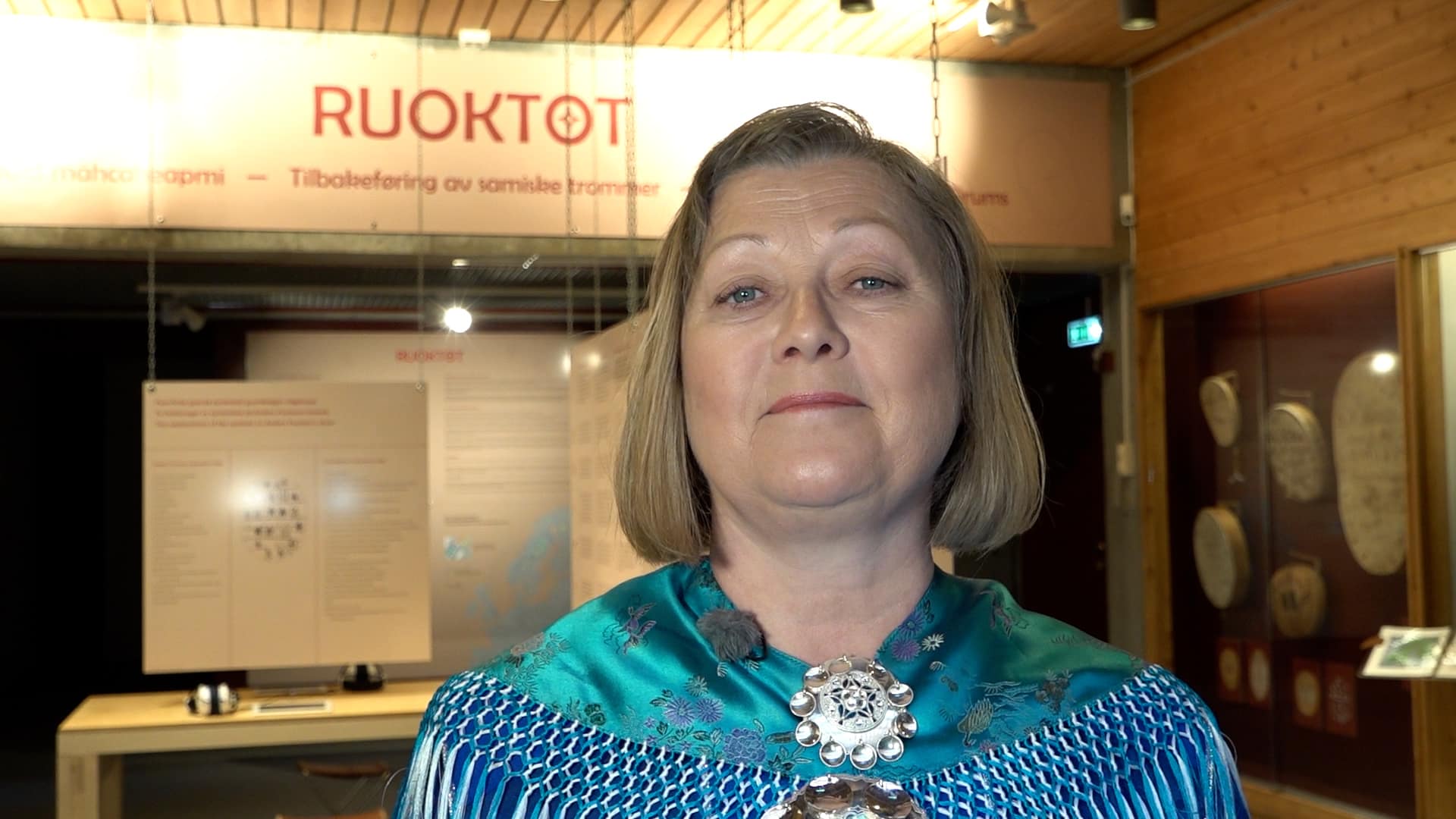
Jelena Porsanger
INVESTIGATOR
Read more
Head of The Sámi Museum in Karasjok / Sámiid Vuorká-Dávvirat, under the museum association RiddoDuottarMuseat (Norway). She holds the Docent in Indigenous Studies title at the University of Helsinki. She holds a Doctoral degree in the history of religion and Indigenous research from the University of Tromsø – The Arctic University of Norway, and a degree of Licentiate in Philosophy from the University of Helsinki. Her research interests include Indigenous methodologies, Indigenous epistemologies, Indigenous religions, source criticism from an Indigenous perspective, repatriation of Sámi cultural heritage, Sámi and Indigenous oral traditions, Sámi and Indigenous traditional knowledge, three-dimensional digitization of Indigenous cultural heritage, Sámi and Indigenous museology.
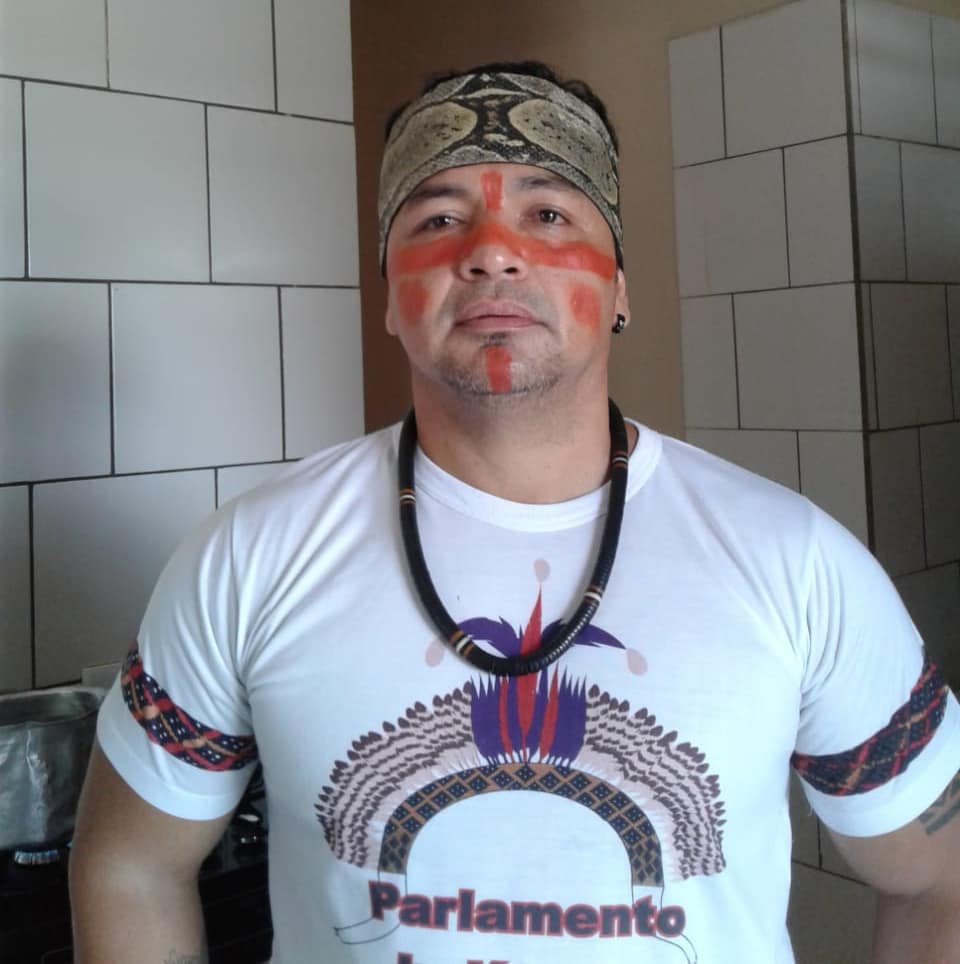
Francisco Apurinã
INVESTIGATOR
Read more
Postdoctoral researcher in Indigenous Studies, at the University of Helsinki. He has been involved in legal and administrative environmental licensing processes (preparing environmental impacts studies), Indigenous land tenure regularisation, territorial and environmental protection, cultural strengthening through health, indigenous schooling, non-linear time, bioeconomy, and development and management of community projects for Indigenous organisations. Author of various scientific publications. He has a master’s degree in Sustainable Development and a PhD in Social Anthropology from the University of Brasilia. He belongs to the Apurinã territory of Valparaíso, is the son of Katãwiry, grandson of Yũkãwa and great-grandson of Yakama, of the Meetymanety moiety (those who do not eat myryty, wild-lipped peccary).
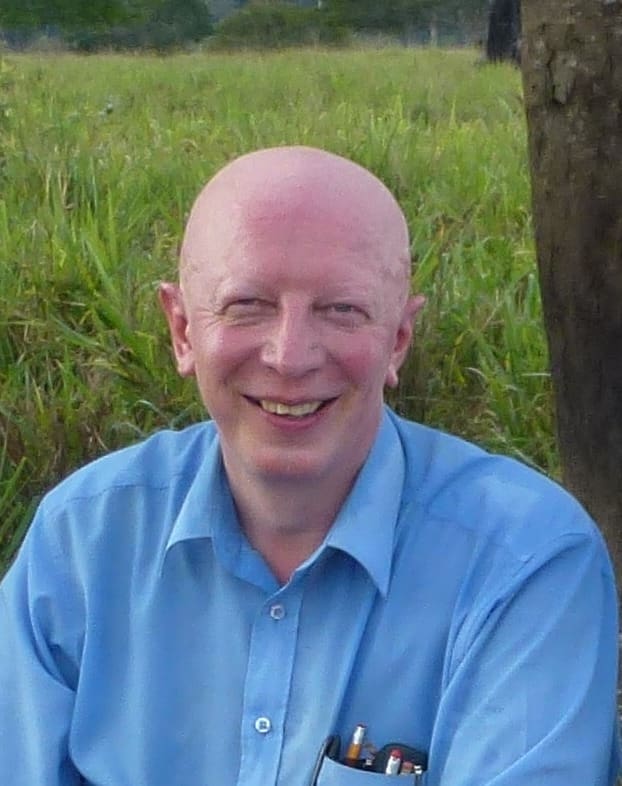
Martti Pärssinen
INVESTIGATOR
Read more
Professor Emeritus of Latin American Studies at the University of Helsinki, Finland. He received his PhD in History (University of Turku) and also has completed academic degrees in Archaeology (Universities of Turku and Helsinki) as well as in Anthropology (University of Rochester, NY). He has specialized in Andean and Amazonian precolonial cultures from multidisciplinary perspectives. He has directed various archaeological missions, especially in Brazil and Bolivia, and has also conducted research in various historical archives in Spain and South America. His publications include Caquiaviri y la Provincia Pacasa. Desde el Alto-Formativo hasta la Conquista Española (1 – 1533) (2005); Textos Andinos: Corpus de textos khipu incaicos y colonials I-II (2004, 2010); Pariti. The ceremonial Tiwanaku Pottery of an Island in Lake Titicaca (2011) and co-edited book Amazônia. Os Geoglifos e a Civilização Aquiry (2021).
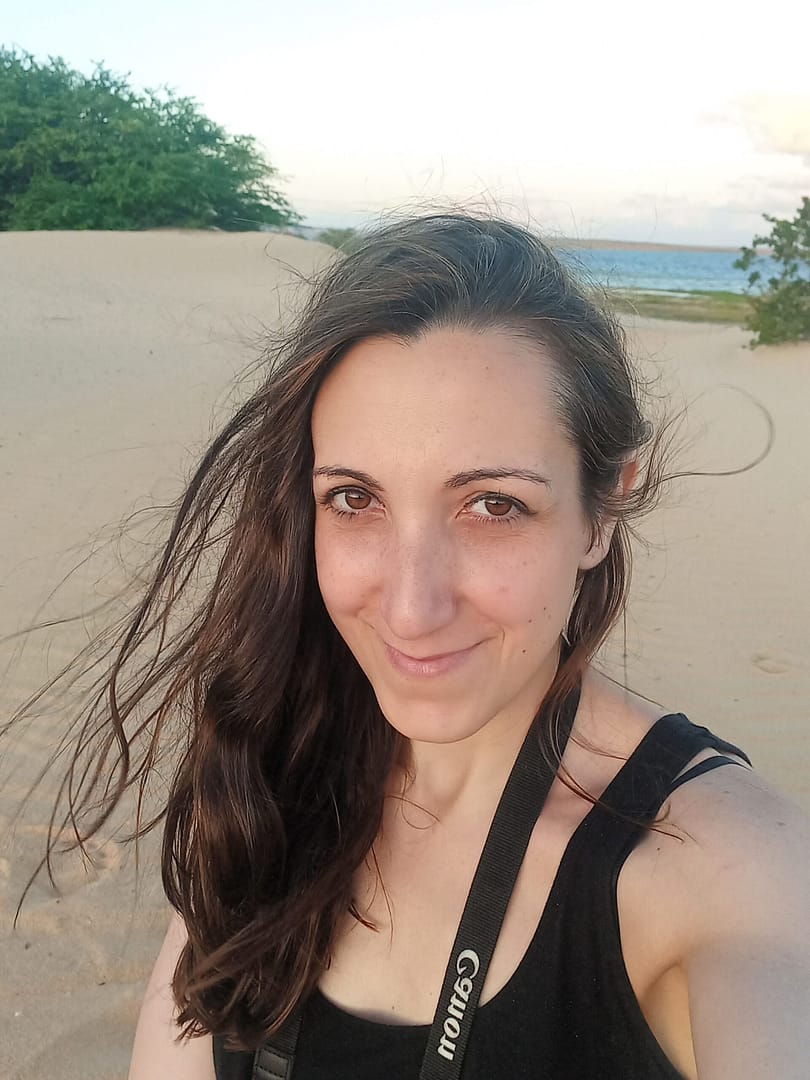
Jimena Bigá
INVESTIGATOR
Read more
PhD Candidate in Indigenous Studies, supported by the Kone Foundation. She is an archaeologist specializing in Indigenous archaeology. Her decolonial doctoral project focuses on Ethnobioterritorial heritage in collaboration with Tuxá Indigenous youths in Rodelas, Bahia, in the Brazilian Northeast. She is also engaged with other communities along the São Francisco River in the region. Jimena is actively involved in efforts to demarcate Tuxá land from an archaeological perspective and is leading a collaborative project to repatriate archaeological items acquired through excavations. Additionally, she is conducting cultural and archaeological heritage awareness initiatives at the local Indigenous school and is part of the “Ciência Indígena e Educação Intercultural no Submédio São Francisco” project.
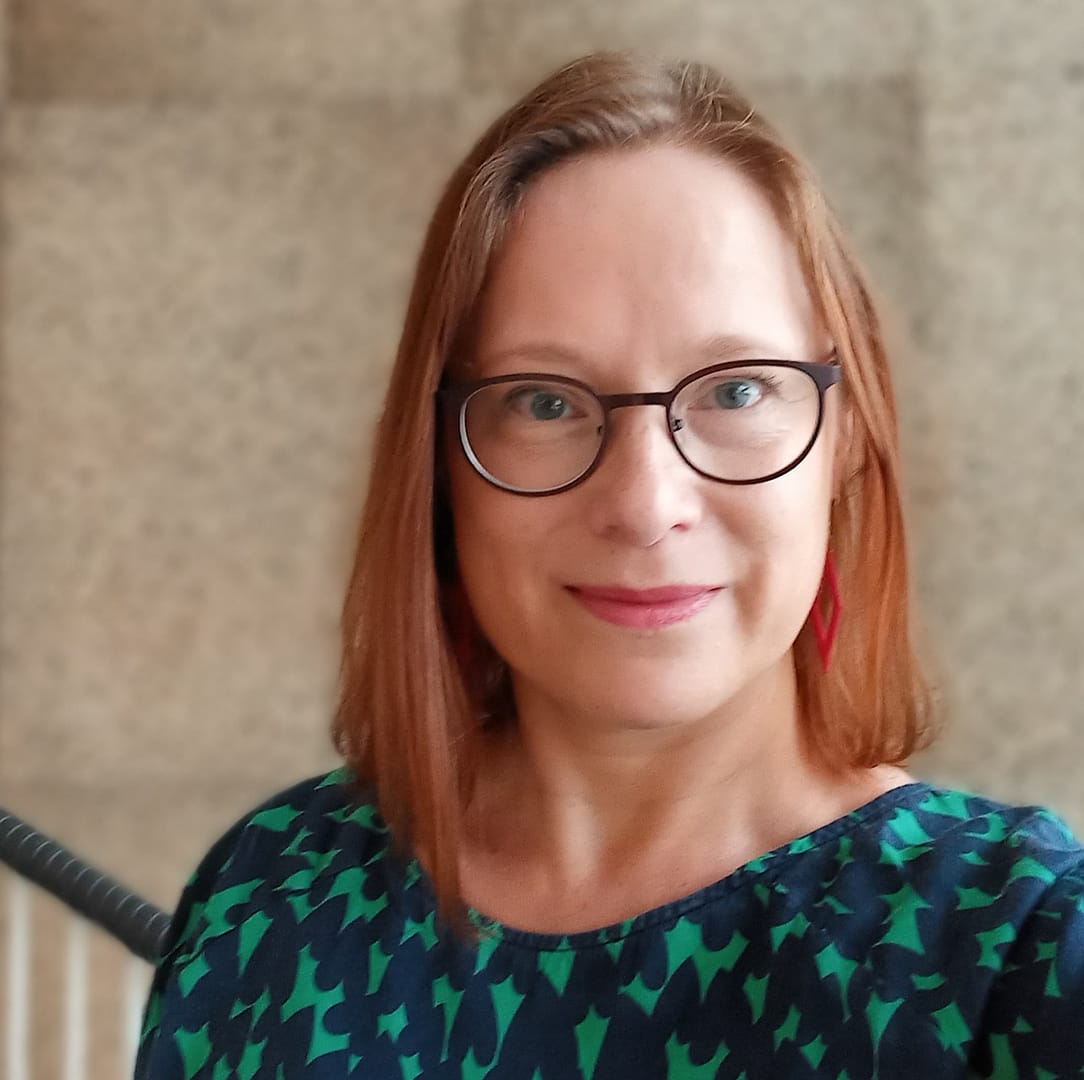
Tuija Veintie
INVESTIGATOR
Read more
Researcher at Helsinki Institute of Sustainability Science (HELSUS), Department of Forest Sciences at the University of Helsinki. Her research interests include education for sustainability and social justice, epistemic pluralism, and collective resilience in times of socio-environmental crisis. Veintie has studied incorporating Indigenous and local eco-cultural knowledge in intercultural bilingual education in the Ecuadorian Amazon. For several years, she has researched in the Pastaza Province in Ecuador related to Amazonian Indigenous knowledge and intercultural bilingual education. Veintie has a multidisciplinary background in anthropology, educational sciences, global development studies and Latin American studies.
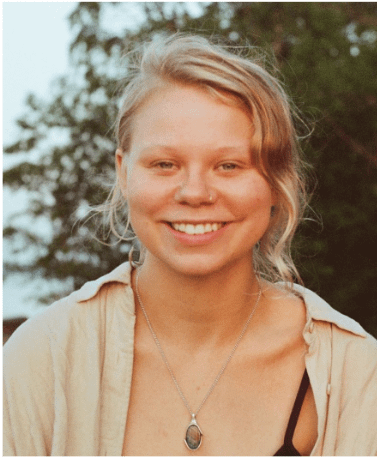
Sinituuli Korja
INVESTIGATOR
Read more
Doctoral Researcher in Indigenous Studies and Educational Sciences at the University of Helsinki, her research interests include Indigenous education, multispecies education, Earth emotions, and epistemic pluralism. She has collaborated on projects focused on Indigenous and multispecies education with the Kichwa peoples in the Ecuadorian Amazon and the Arhuaco peoples in the Colombian Sierra Nevada. Additionally, she has worked on citizen socio-environmental and multispecies education projects in Southern Finland. Korja is currently exploring Earth emotions within the context of the Amazon.
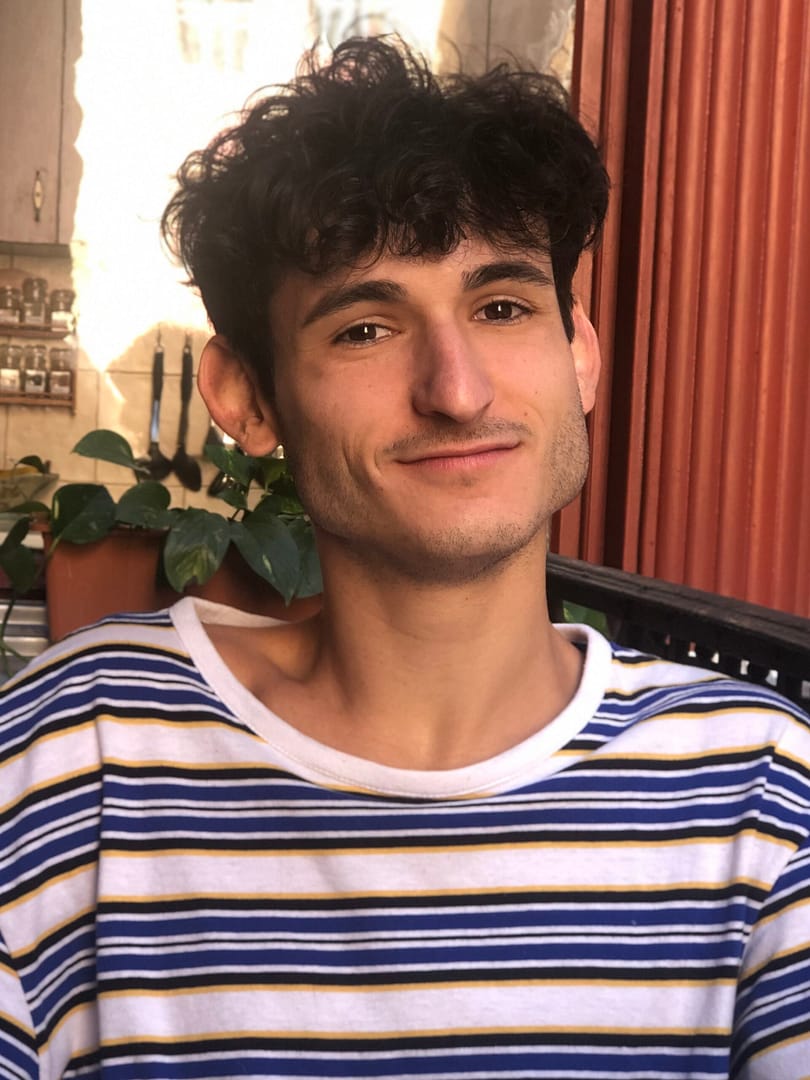
Pierre Auzerau
INVESTIGATOR
Read more
Doctoral researcher in anthropology at the University of Helsinki, where he also collaborates closely with the Indigenous studies department. Through a deterritorialised ethnography, his current research explores how Indigenous people from “French” Guiana navigate, use and experience the law in France, where Indigenous rights are not recognised. In his past and current projects, Auzerau’s interests have revolved around Indigenous research methodologies, human rights travel, colonialism, Indigenous rights and politics, justice, and activism. Auzerau also works with the Coordination des Organisations des Peuples Autochtones de Guyane (COPAG). This Guiana-based Indigenous organisation advocates for Indigenous rights and seeks to defend the diverse interests of Guiana’s six Indigenous Peoples.
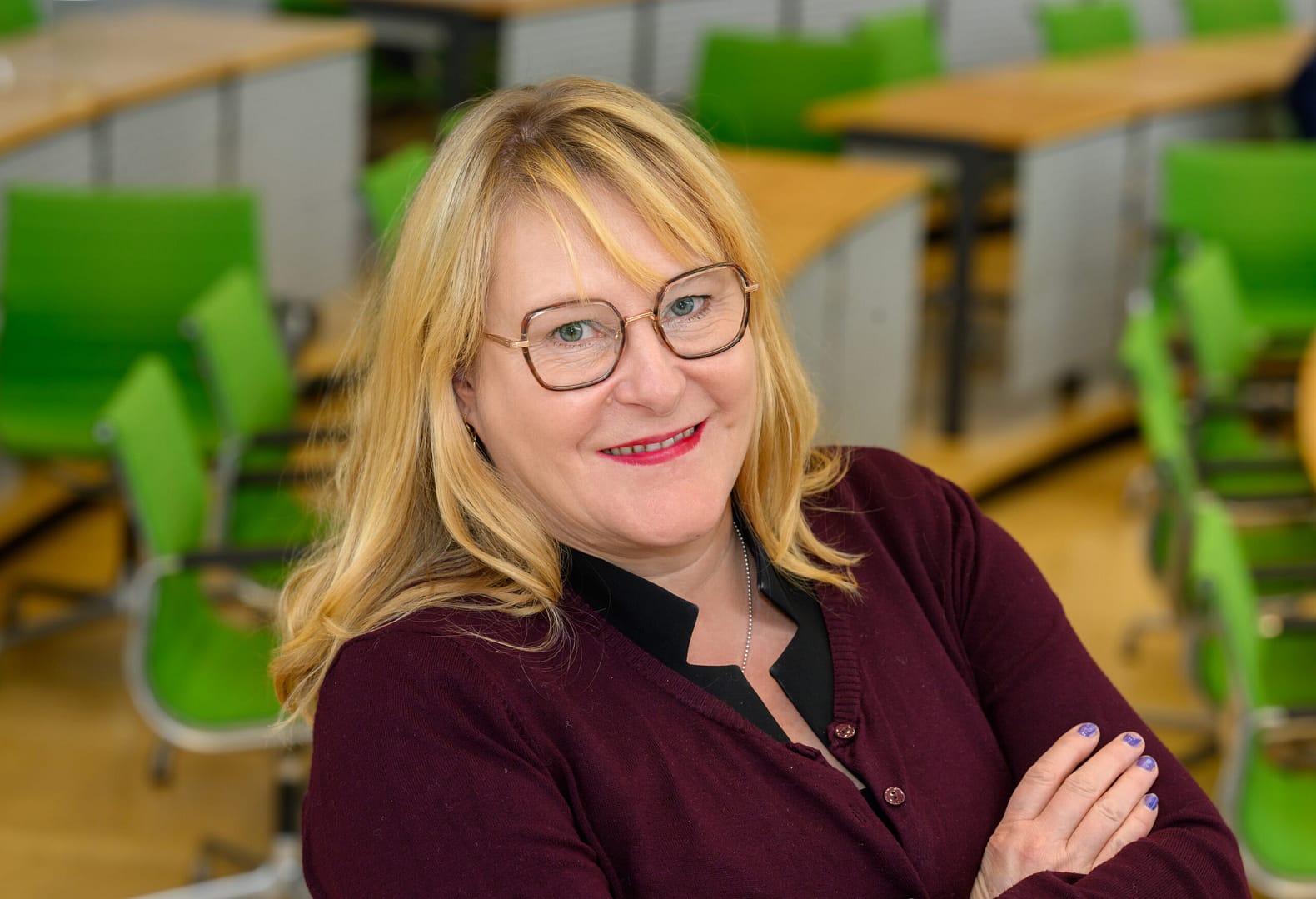
Reetta Toivanen
INVESTIGATOR
Read more
Full professor in Sustainability Science (Indigenous Sustainabilities) at the Helsinki Institute for Sustainability Science (HELSUS) and Department of Cultures at the Faculty of Arts at the University of Helsinki. She is also a docent in social and cultural anthropology. She is the vice-director of the Centre of Excellence in Law, Identity and the European Narratives (EuroStrorie), funded by the Academy of Finland (2018-2025). She is a non-resident senior research fellow at the European Centre for Minority Issues (ECMI) in Flensburg (Germany). From 2023-2025, she is a member of the Finnish Government’s Expert Panel on Sustainability. In 2024, she was awarded the Richard von Weizsäcker Fellowship. Her recent publication: “Legal Anthropology”. In M. Lindroth, H. Sinevaara-Niskanen, & M. Tennberg (Eds.).
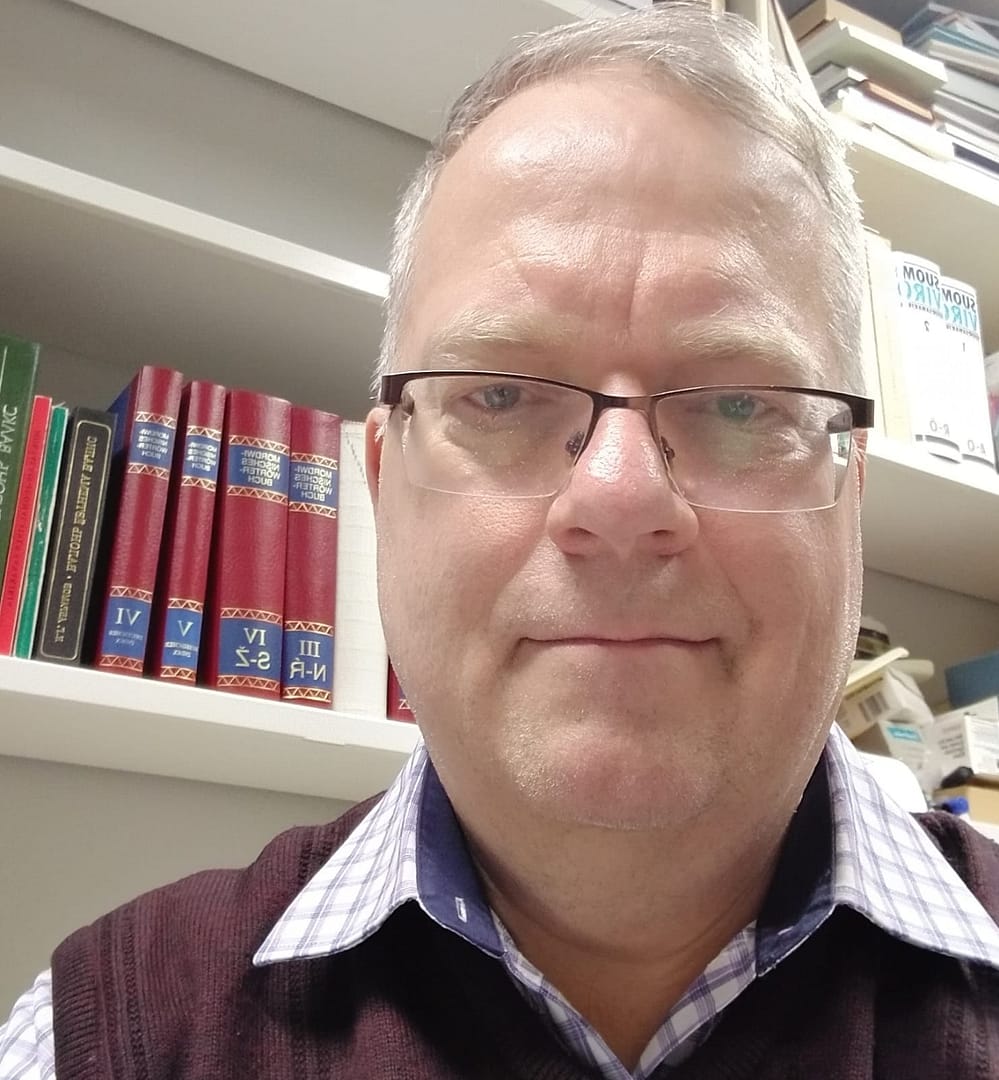
Jack Rueter
INVESTIGATOR
Read more
Works with the Language Bank of Finland and is a visiting researcher in Language Technology and Digital Humanities at the University of Helsinki. A significant portion of his work is available through the Saami language technology infrastructure, Giellalt, at the Norwegian Arctic University in Tromsø, Norway. Since the mid-1990s, his work has focused on rule-based descriptions of various Uralic languages, and more recently, he has extended this to Arawakan, Tupian, Salishan, Sahaptin, Eyak, and other Indigenous languages of the Americas. His research bridges linguistic studies and community facilitation, aiming to create tools that support language learning, translation, and preservation.
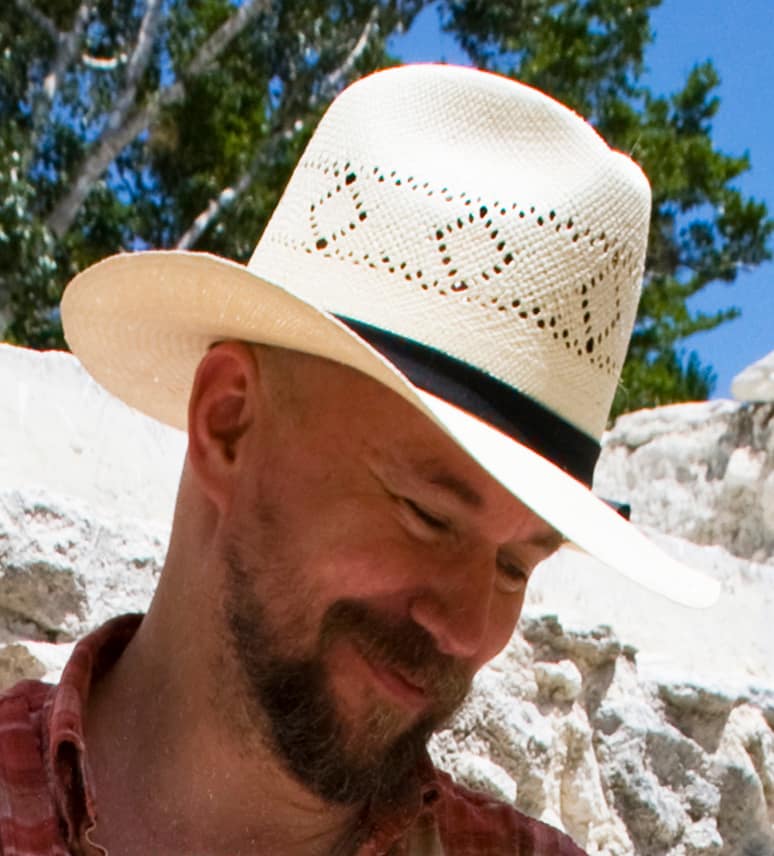
Harri Kettunen
INVESTIGATOR
Read more
Adjunct Professor of Latin American Studies and Coordinator of the Helsinki Term Bank for the Arts and Sciences. He is also a founding member of the Teachers’ Academy at the University of Helsinki, co-founder of the Finnish Interdisciplinary Society, and President of the European Association of Mayanists, Wayeb. He has carried out interdisciplinary research projects on Mesoamerican-related topics, combining anthropology, archaeology, art history, codicology, epigraphy, ethnobiology, history, and linguistics. His publications include textbooks on Maya hieroglyphs, methodological studies on iconography, and interdisciplinary articles on topics such as the Columbian exchange, biodiversity, and Indigenous warfare in the Americas.
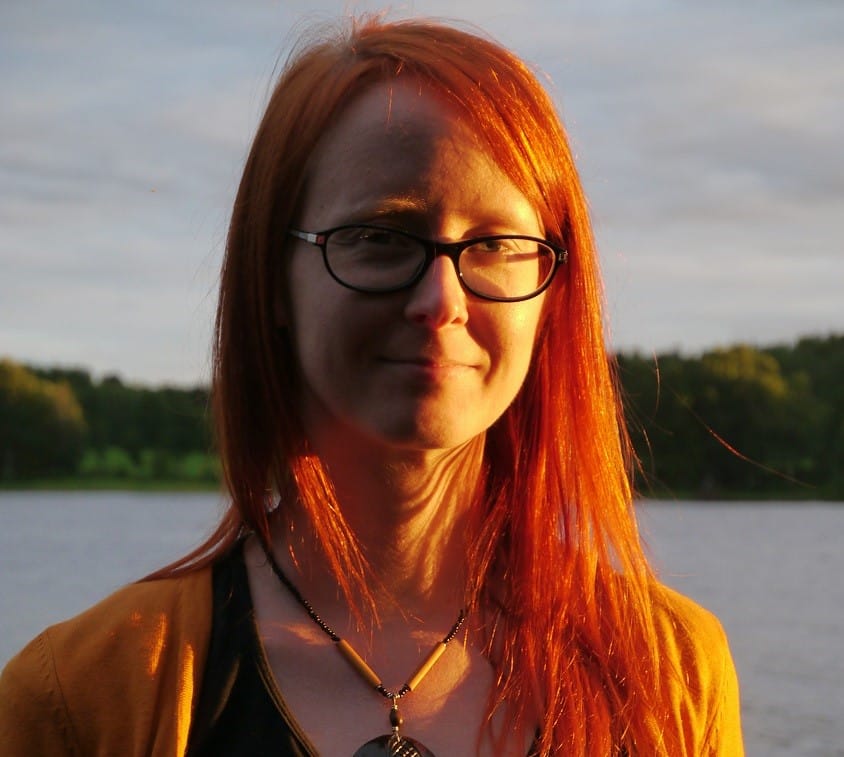
Johanna Hohenthal
INVESTIGATOR
Read more
Postdoctoral researcher and research coordinator at the University of Helsinki and LUT University. Since her doctoral research on water governance in Kenya, her research interests have centred around local and indigenous ecological knowledge, decolonial thinking, epistemological and eco-cultural pluralism, political ecology, socio-environmental justice, and participatory methodologies. Her postdoctoral research focused on the Indigenous young people’s access to intercultural bilingual education and its relation to Indigenous territoriality and place-based learning in Ecuadorian Amazonia. Recently, she has also been involved in research projects focusing on the skills of food self-provisioning, carbon-smart urban green infrastructure, and energy demand and multilocality in Finland.

